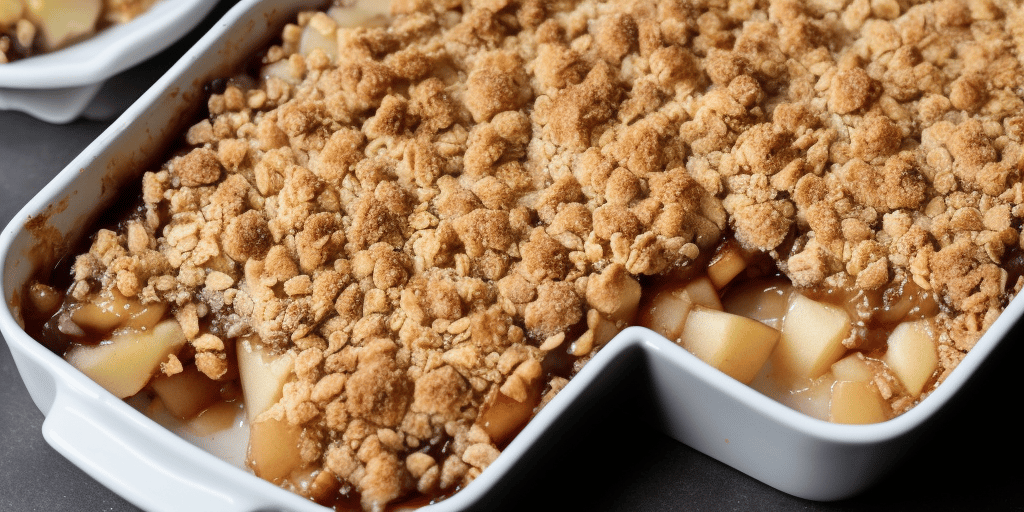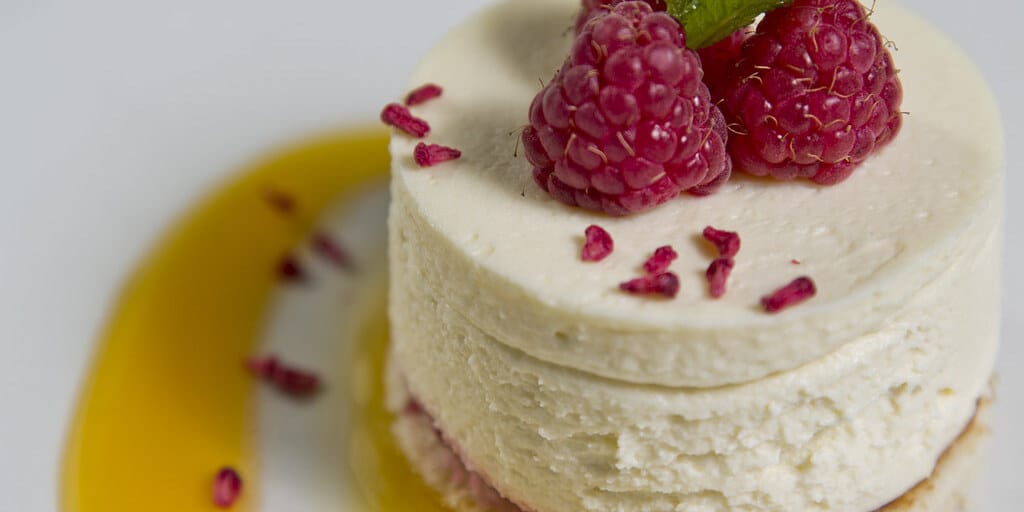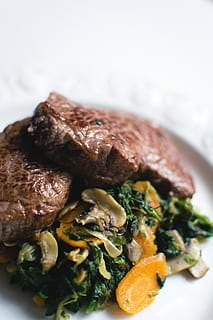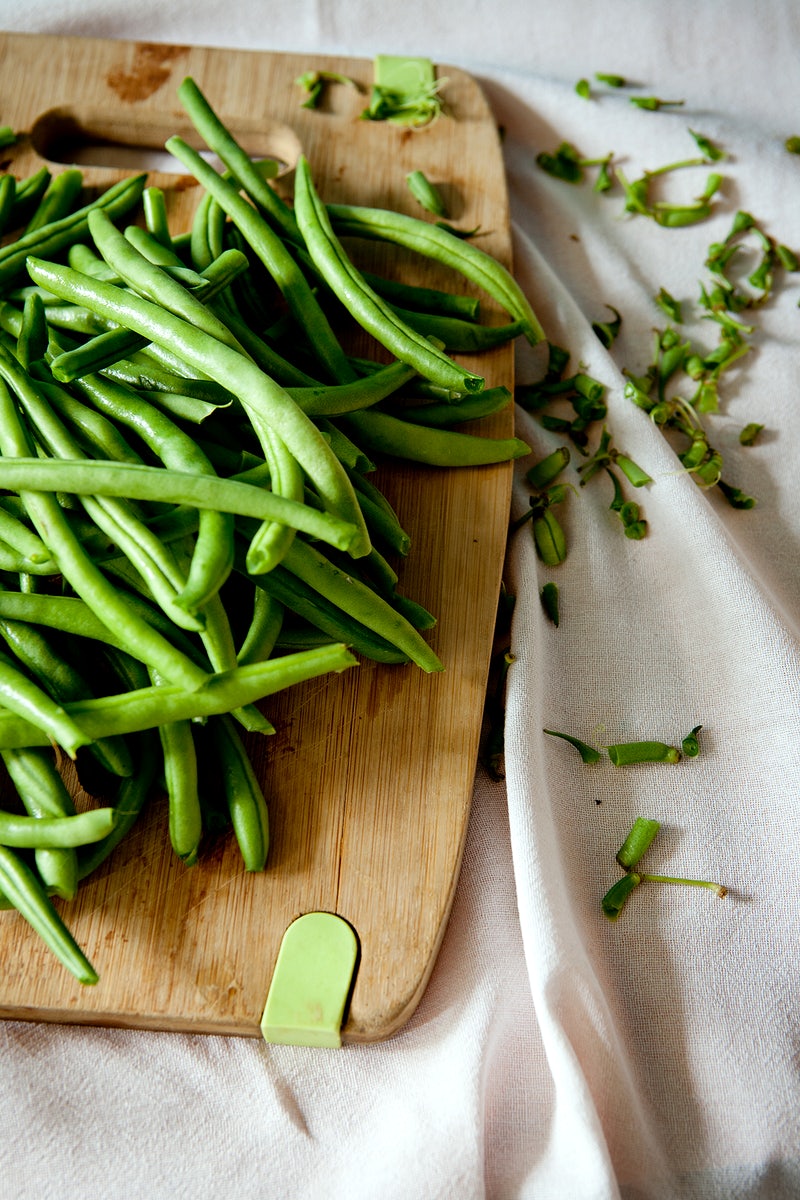In the world of making ice cream, the ‘base’ is all the main ingredients mixed up to make most of the final treat.
Thus, it includes milk, cream, sugar, eggs, and flavorings.
There are eight key bases to know for making ice cream:
1. The Custard Base
2. The Philadelphia-Style Base
3. The Egg-Free Base
4. The No-Churn Base
5. The Vegan Base
6. The Sorbet Base
7. The Gelato Base
8. The Base for Ice Cream Cakes
Each of these bases will produce a slightly different final product, so it is essential to choose the right one depending on your desired result.
The Custard Base: This is the classic ice cream base, producing a rich and creamy finished product.
To make a custard base, you will need milk, cream, sugar, eggs, and vanilla extract.
The Philadelphia-Style Base: This is a simpler version of the custard base and does not use eggs.
It makes it a bit lighter in texture and flavor.
To make a Philadelphia-style base, you will need milk, cream, sugar, and vanilla extract.
The Egg-Free Base: This base is similar to the custard base but uses a thickener in place of the eggs.
It makes it a good choice for those allergic to eggs or looking for a lighter option.
To make an egg-free base, you will need milk, cream, sugar, cornstarch, and vanilla extract.
The No-Churn Base: This is a quick and easy way to make ice cream without an ice cream maker.
It is also a good choice if you do not have eggs on hand.
You will need heavy cream, sweetened condensed milk, and vanilla extract to make a no-churn base.
The Vegan Base: This base is made without any dairy products, making it a good choice for those who are vegan or lactose intolerant.
To make a vegan base, you will need coconut milk, sugar, cornstarch, and vanilla extract.
The Sorbet Base: This base is made without any dairy products or eggs, making it a good choice for those who are vegan or have allergies.
To make a sorbet base, you will need fruit juice, sugar, and lemon juice.
The Gelato Base: This base is similar to the custard base but uses less milk and more cream.
It makes it a more prosperous and denser finished product.
To make a gelato base, you will need milk, cream, sugar, eggs, and vanilla extract.
The Base for Ice Cream Cakes: This base is similar to the custard base but uses gelatin to help the cake hold its shape.
To make a base for an ice cream cake, you will need milk, cream, sugar, eggs, gelatin, and vanilla extract.
When making ice cream, it is essential to choose a suitable base to get the desired result.
There are eight key bases to know: the custard base, the Philadelphia-style base, the egg-free base, the no-churn base, the vegan base, the sorbet base, the gelato base, and the base for ice cream cakes.
Each of these bases will produce a slightly different final product, so choose wisely!
In the culinary arts, the term base refers to a thickener that gives structure and body to sauces, soups, and other liquid dishes.
A sauce made with a flour-based roux is heavier and will stick to food better than one made with a water-based slurry.
Bases also help emulsions stay stable and prevent separation.
The four most common bases used in sauces are roux, slurry, beurre manié, and velouté.
- Roux
Roux is a cooked mixture of flour and fat used to thicken sauces.
It is made by whisking equal parts of flour and fat together over low heat until the flour is fully cooked and the mixture becomes thick and paste-like.
The type of fat used in the roux will depend on the sauce.
For example, clarified butter is often used for making a roux for white sauces, while bacon fat or lard may be used for brown sauces.
- Slurry
A slurry is a mixture of water and starch used to thicken sauces, soups, and other liquid dishes.
It is made by whisking water and starch together until the starch is fully dissolved.
Common starches used to make slurry include cornstarch, arrowroot starch, potato starch, and tapioca starch.
- Beurre Manié
Beurre manié is a mixture of flour and butter used to thicken sauces.
It is made by kneading together equal parts of flour and butter until the mixture becomes smooth.
The beurre manié is then spooned into the sauce, a little at a time until the desired consistency is reached.
- Velouté
A velouté is a sauce with a blonde roux and a light stock.
It is one of the five mother sauces in French cuisine.
The most common veloutés are made with chicken stock, veal stock, or fish stock.
They are typically used as a base for other sauces or as a sauce.
There are 8 essential elements to making ice cream: milk, cream, sugar, eggs, flavoring, air, butterfat, and emulsifiers.
1. Milk
Milk is the main ingredient in ice cream and gives the finished product a smooth texture.
It also adds protein and calcium.
Whole milk is typically used, but skim milk can also be used.
2. Cream
Cream adds richness and body to the ice cream.
It also contains fat, which helps to make the finished product smooth and creamy.
3. Sugar
Sugar is used to sweeten the ice cream and provide a smooth texture.
It also helps to prevent the formation of ice crystals.
4. Eggs
Eggs are used to thicken the mixture and add richness.
They also help to create a smooth texture.
5. Flavoring
Flavoring is added to give the ice cream its flavor.
It can be anything from fruit to chocolate to mint.
6. Air
Air is whipped into the mixture to make it light and fluffy.
It also helps to prevent ice crystals from forming.
7. Butterfat
Butterfat is added for flavor and to create a smooth texture.
It also helps to keep the ice cream from melting too quickly.
8. Emulsifiers
Emulsifiers are added to help keep the mixture smooth and prevent it from separating.
They also help to create a creamy texture.
These 8 elements are the foundation for making ice cream.
By understanding these basics, you can create delicious and creative flavor combinations.
So have fun and experiment!
- 25 Delicious Evegan Sandwiches Recipes - July 27, 2024
- 25 Simple Canned Corn Recipes - July 27, 2024
- 25 Healthy Mascarpone Recipes - July 27, 2024



